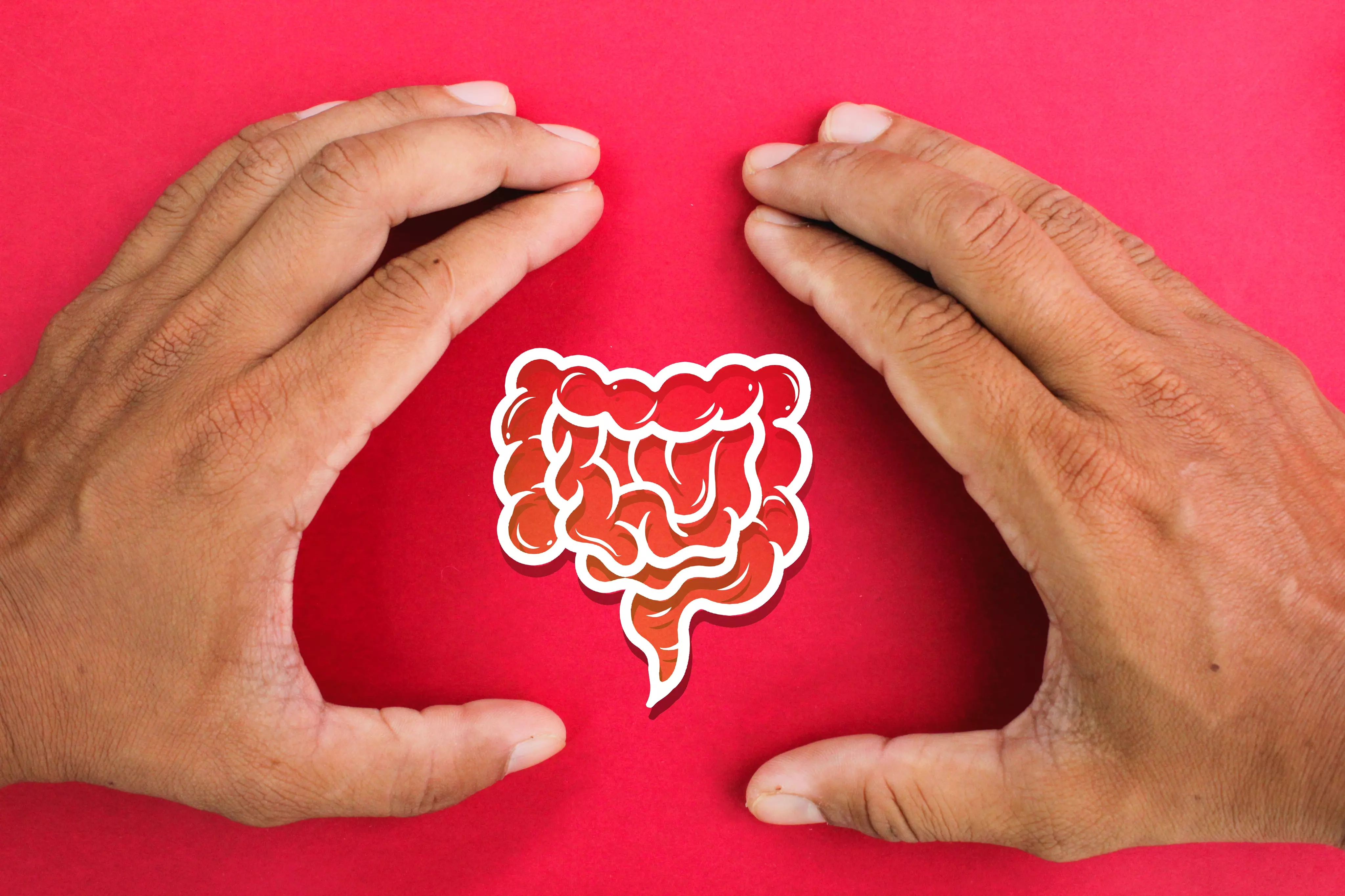Treatment of esophageal diseases
Esophagus a key part of the digestive system
The esophagus, also known as one of the sections of the upper digestive tract, plays an important role in the digestive process. It is an elongated, flexible tube that connects the throat to the stomach. Unfortunately, many people struggle with various diseases affecting the esophagus, which can significantly affect a patient's quality of life.
Gastroesophageal reflux a common ailment
One of the most common esophageal diseases is gastroesophageal reflux, also known as backflow of gastric contents. This ailment, often caused by weakening of the lower esophageal sphincter, causes unpleasant symptoms such as heartburn, burning in the throat and difficulty swallowing.
How to treat gastroesophageal reflux?
There are a number of ways to treat gastroesophageal reflux that can bring relief to patients suffering from this ailment. The first step is to make lifestyle changes, such as avoiding spicy and fatty foods, giving up smoking, avoiding lying down after eating and maintaining a healthy weight. In addition, doctors often prescribe medications to reduce stomach acid production, which can relieve reflux symptoms.
When to use surgical procedures?
In cases where lifestyle changes and medications do not work, it may be necessary to consider surgical procedures. One of the most popular treatments is an operation called fundoplication, which involves strengthening the lower esophageal sphincter. This procedure helps prevent gastric contents from backing up into the esophagus and greatly improves the patient's quality of life.
Achalasia a rare but serious disease
Another disease affecting the esophagus is achalasia, a rare but serious condition that causes difficulty in eating and swallowing. The disease results from weakened muscles in the lower part of the esophagus, preventing food from being properly pushed through to the stomach.
How to effectively treat achalasia?
Treatment of achalasia can include both non-invasive methods and surgery. In mild cases, the doctor may recommend dietary changes, such as eating in smaller portions and avoiding foods with large textures. Another treatment option is to insert Botox, a substance into the esophagus that weakens the muscles for a period of time, making it easier to eat.
When to consider surgery for achalasia?
If the above methods do not work, there are surgical procedures to improve the flow of food through the esophagus. One of the most effective procedures is myotomy, which is the cutting and relaxation of the muscles in the lower part of the esophagus. This surgery can significantly improve symptoms and allow the patient to function normally.
Summary
Esophageal diseases, such as gastroesophageal reflux and achalasia, can significantly affect a patient's daily life. Many patients experience unpleasant symptoms such as heartburn, burning in the throat and difficulty swallowing. In such cases, it is important to consult a doctor and consider the available treatment methods.
Regardless of the method chosen, an individual approach to each patient is key. Doctors should refer their patients for specialized consultations to provide appropriate care and relief from the discomforts of esophageal disease.
